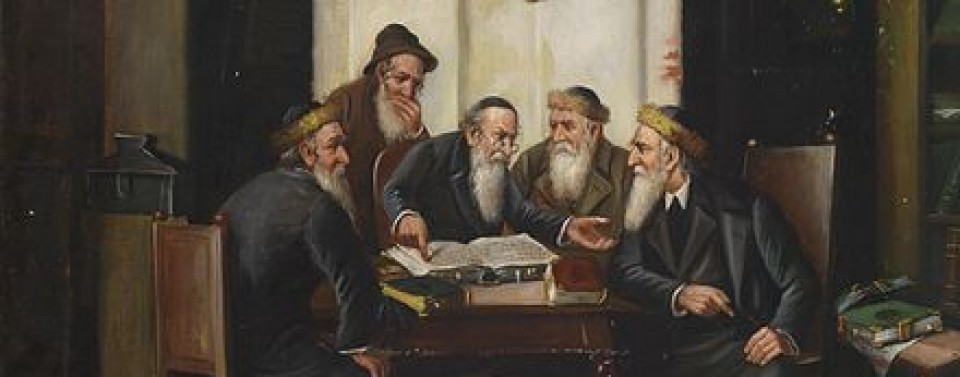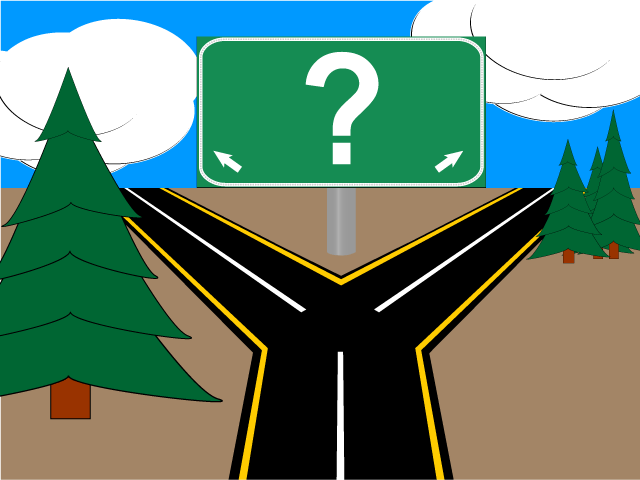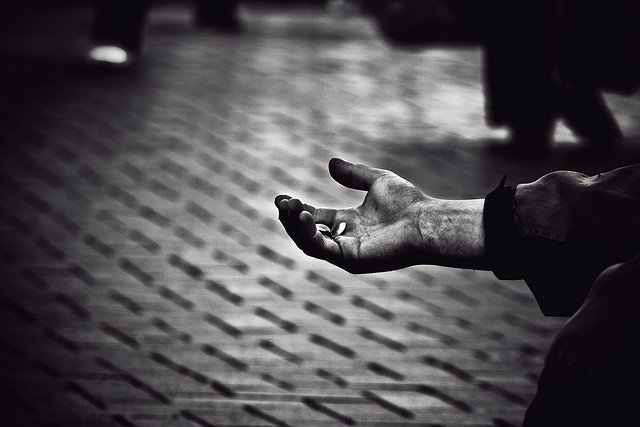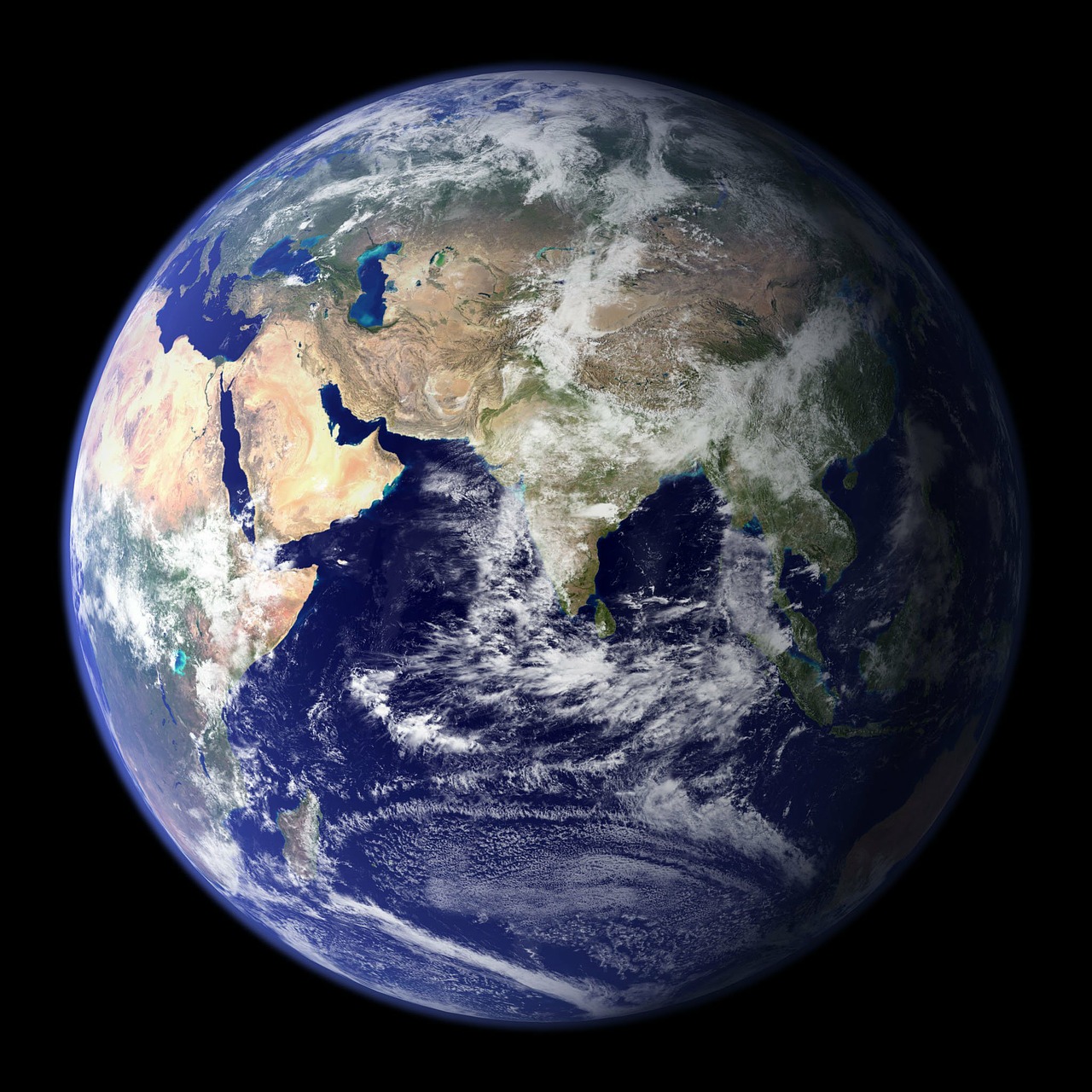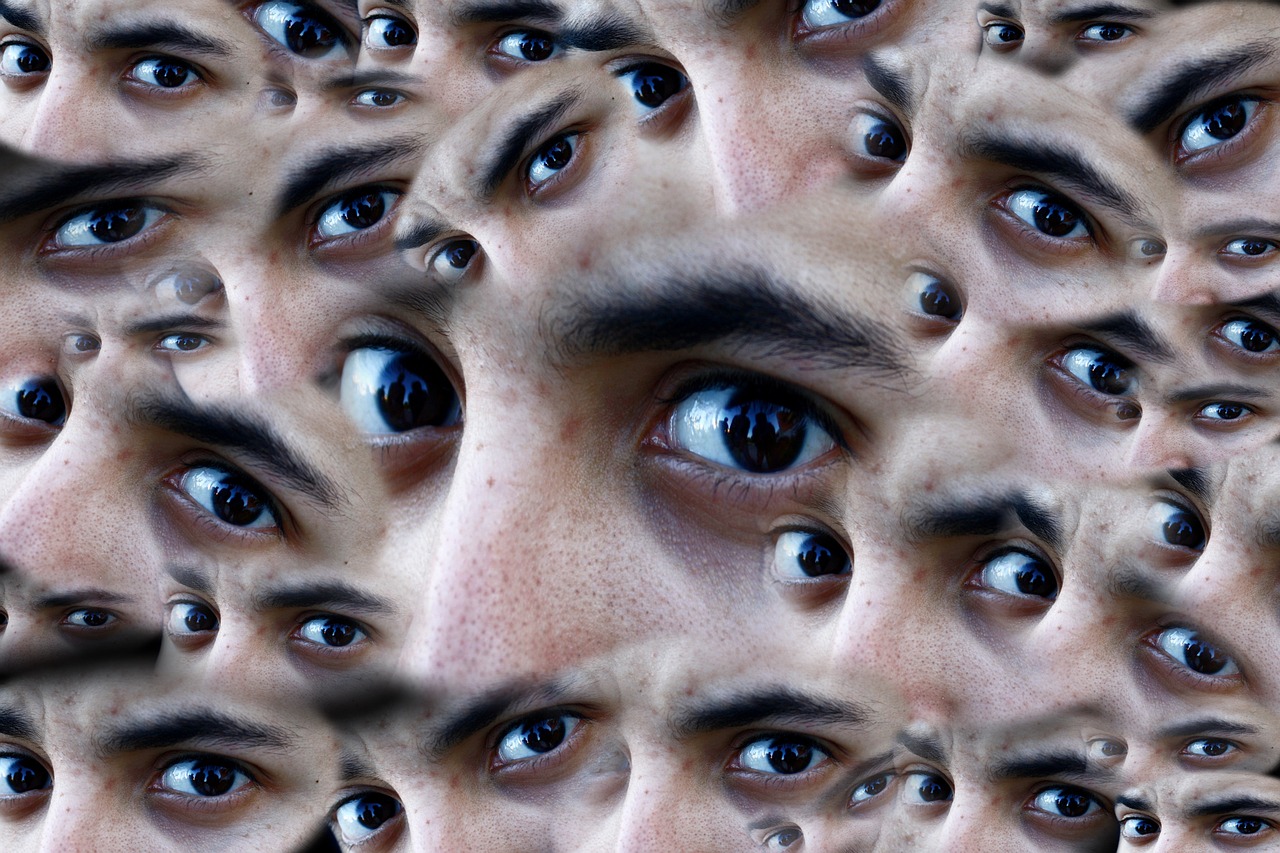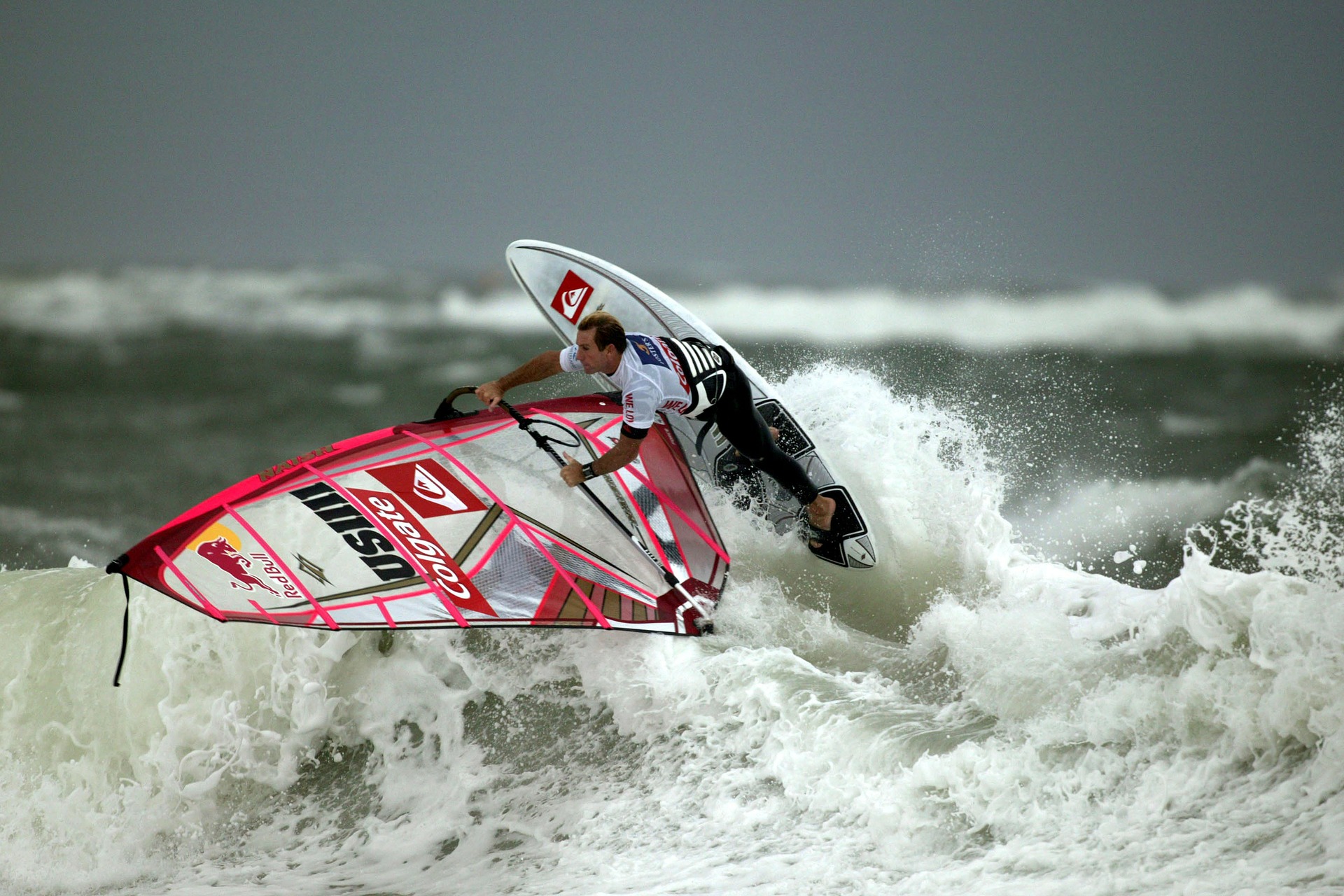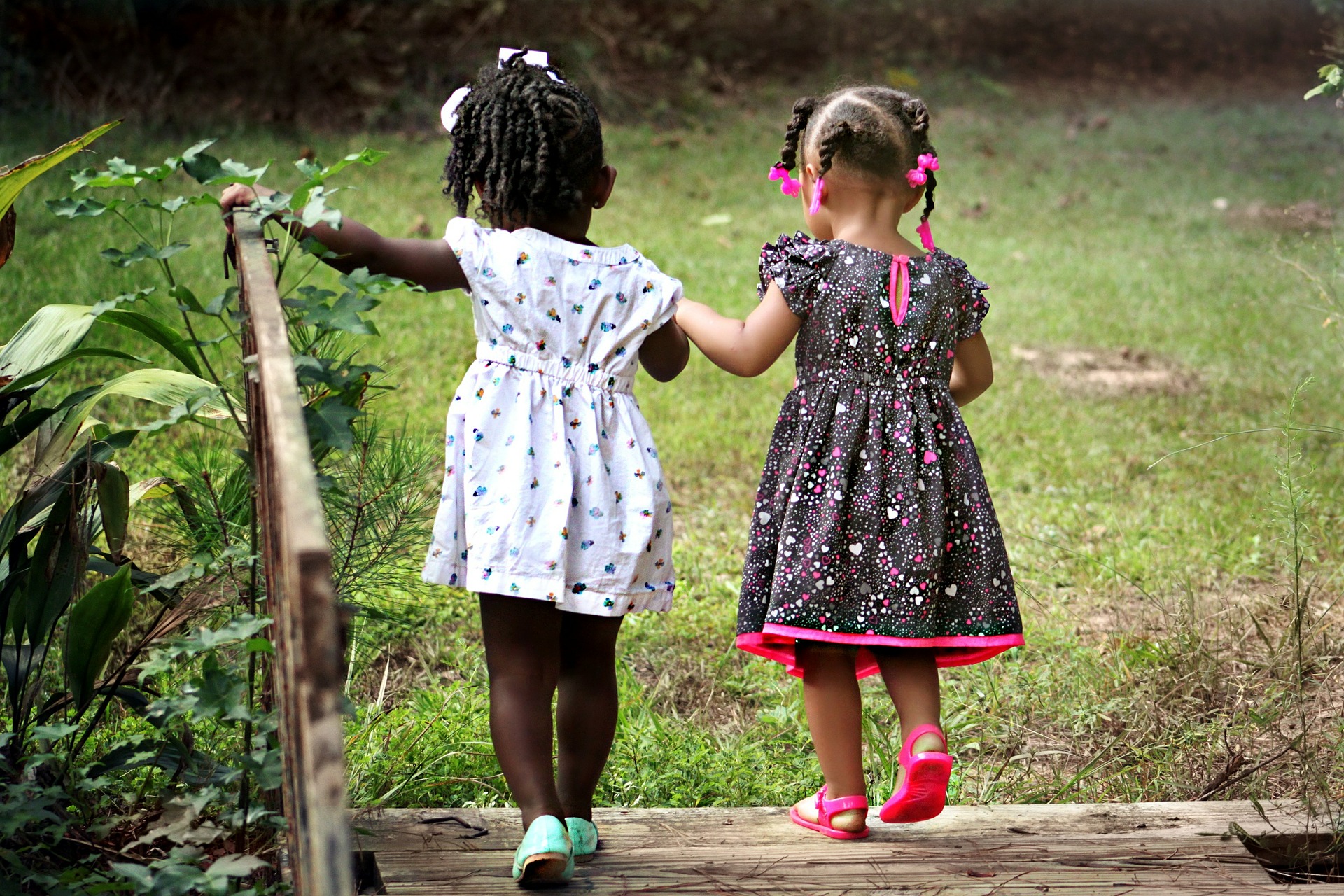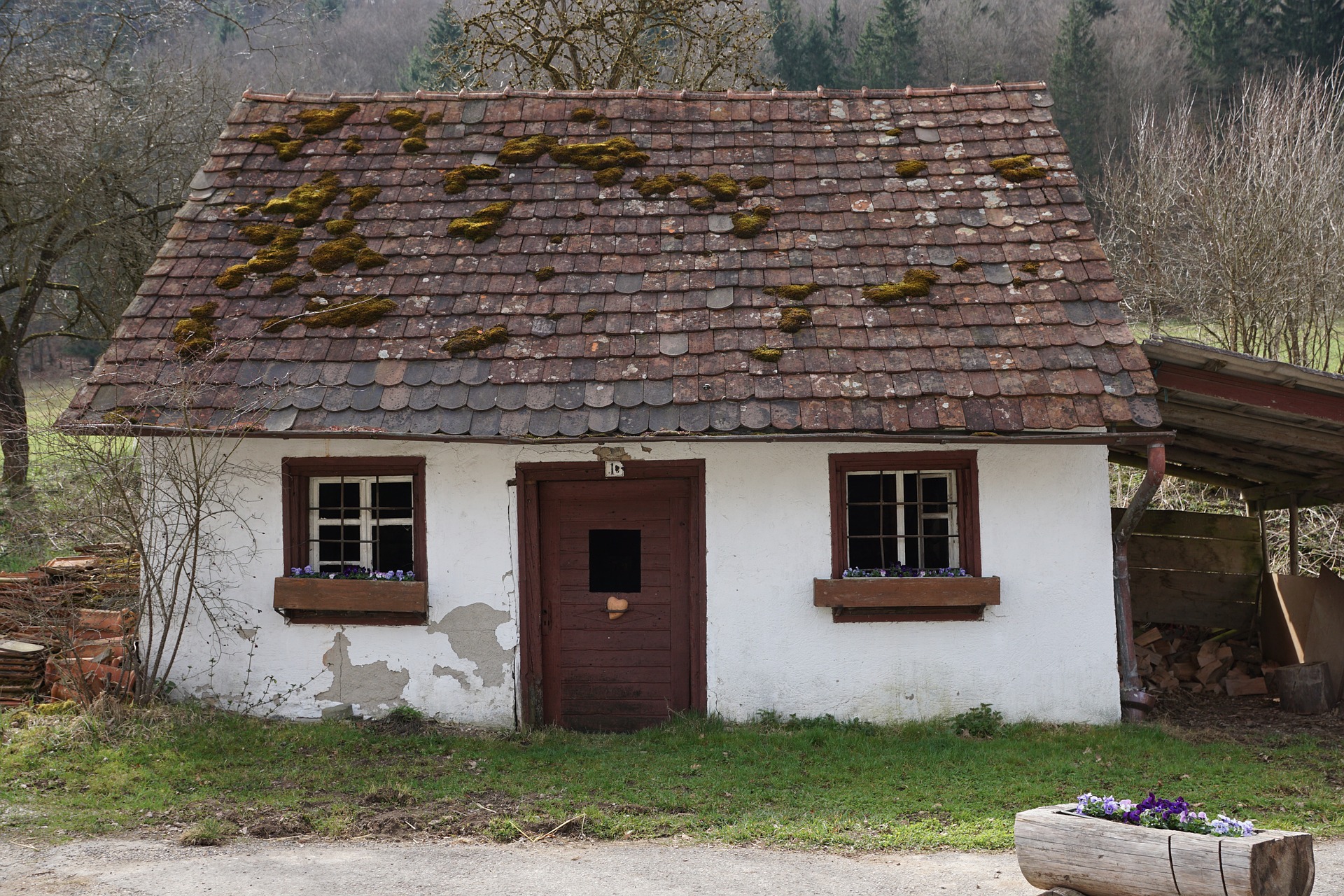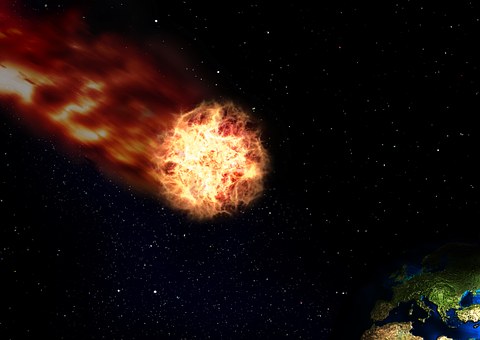“Until you make the unconscious conscious, it will direct your life and you will call it fate.”
–Carl Jung
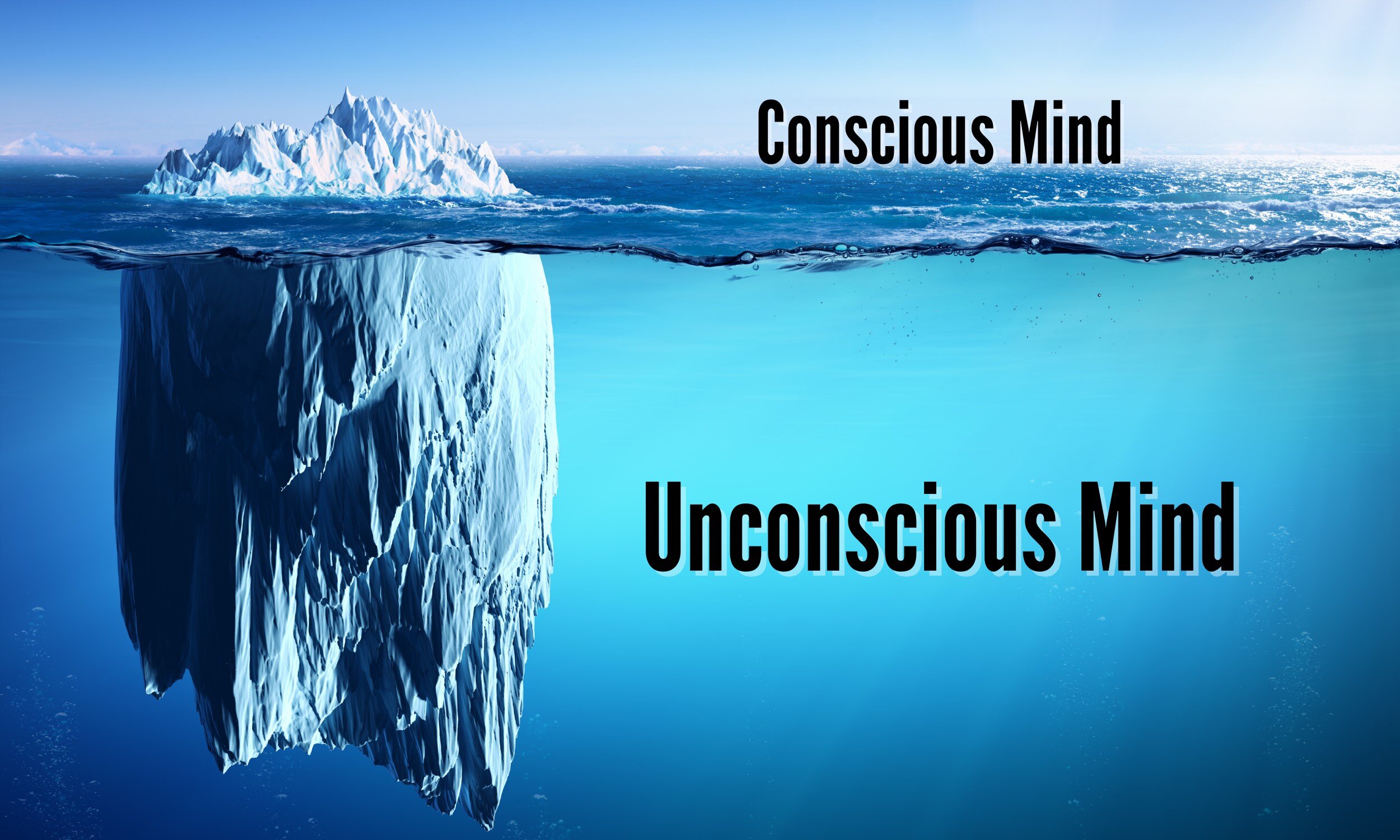
Do you ever find yourself repeating a pattern in your life that you seem helpless to avoid? Or find yourself in a situation wondering how you got yourself into this mess? Chances are excellent that you are in the grip of an unconscious pattern or motivation.
Carl Jung also said that we think we know 80% of who we are, and that 20% is in shadow, when in reality, we are aware of only 20% of who we are, and 80% is in shadow! Like a background program, the majority of our psyche that is “in shadow” behind the scenes is running patterns that influence nearly every aspect of our lives. The more the we can uncover our unconscious motivations, patterns and mental models, the more we can consciously direct our lives, rather than being directed by unseen forces.
These forces are not evil in intent, they simple reflect unconscious beliefs, hidden agendas, and coping strategies intending to keep us safe in a complex and surprising world. One question we can ask our selves when we find we’ve gotten ourselves into a place we don’t want to be is “What’s the payoff here? Does this help me dominate or avoid domination? Does it help me avoid something, like more responsibility or risk? What’s the particular cheese at the end of this tunnel?”
Have you noticed that wherever you go, there you are? What shadow pattern can you bring to light today?
Carl Gustav Jung (26 July 1875 – 6 June 1961) was a Swiss psychiatrist and psychoanalyst who founded analytical psychology. He created some of the best known psychological concepts, including synchronicity, archetypal phenomena, the collective unconscious, the psychological complex and extraversion and introversion. Jung was also an artist, craftsman, builder and a prolific writer.
Joe Laur is a father, husband, naturalist, woodworker, mentor, and student of The All. Send him your favorite teaching quote for commentary. He can be reached at joe.laur@joe.laur.com.
